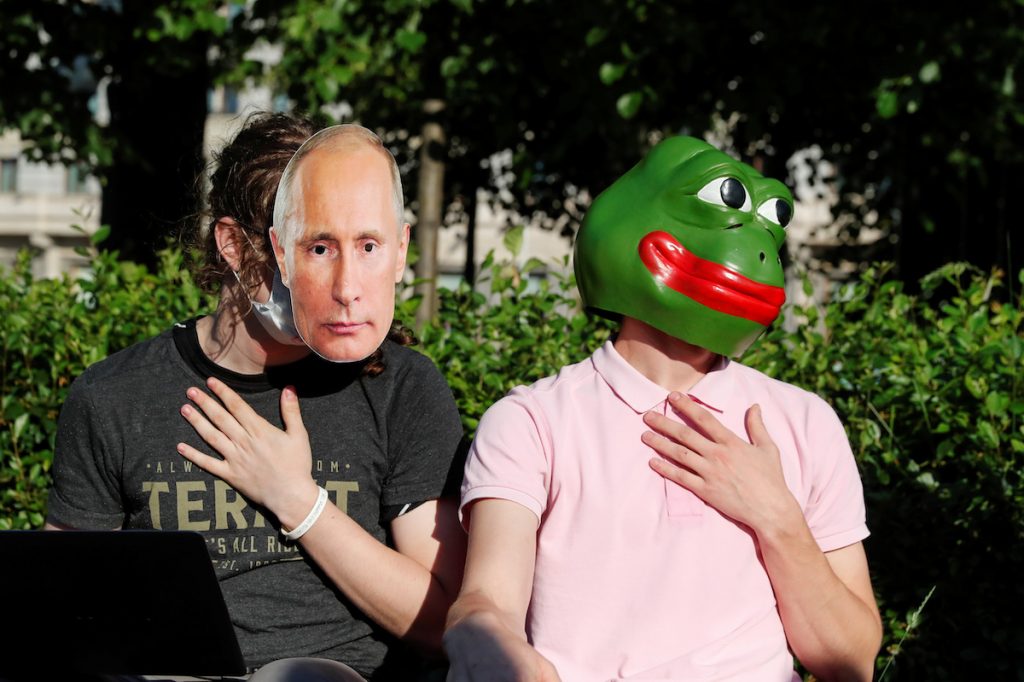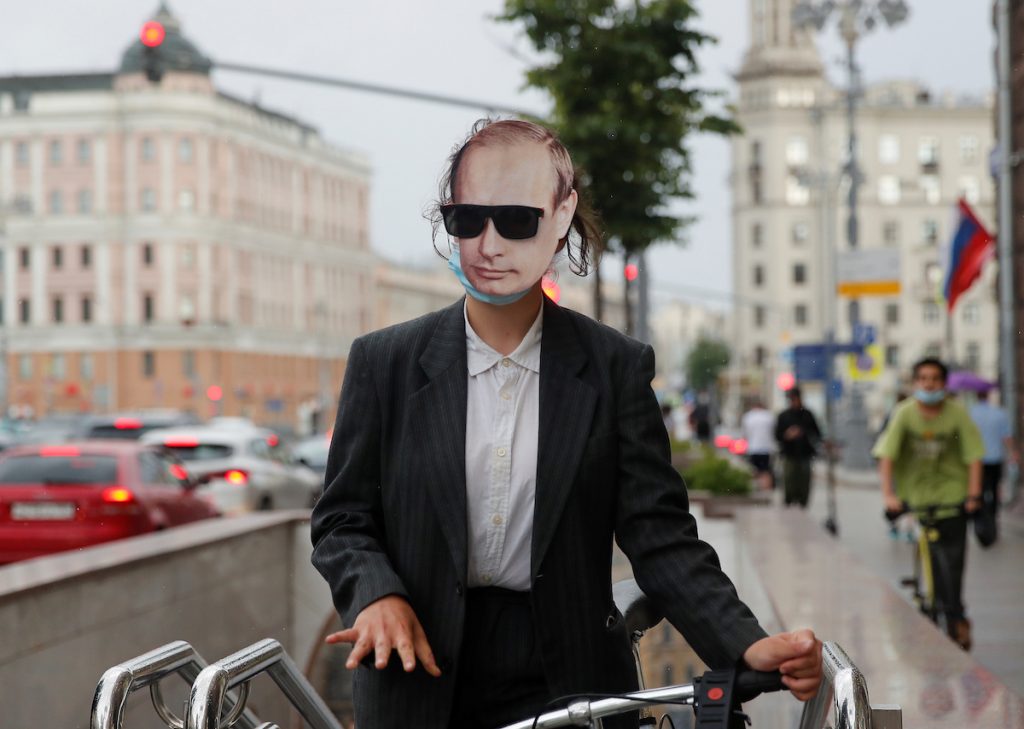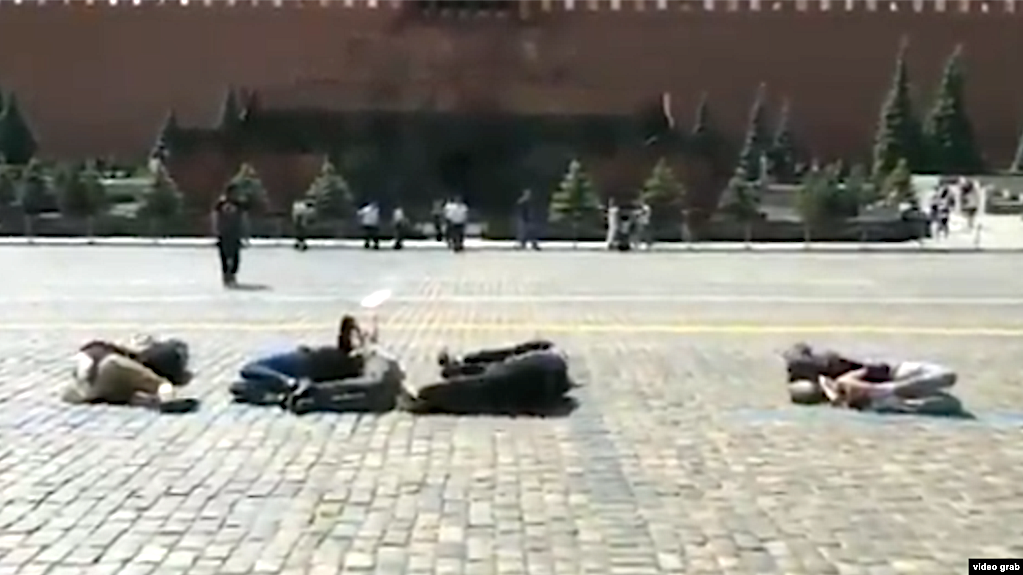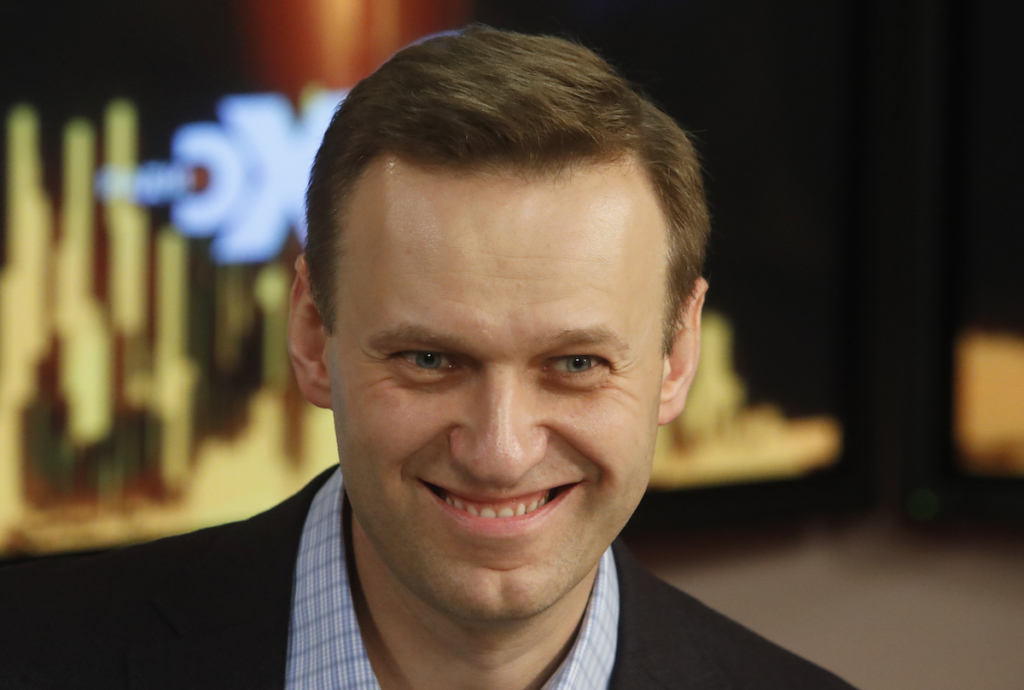Russian constitutional amendments pass – Putin could remain in power for 16 more years, Russians deemed state-forming people
The Russian constitution has been irrevocably changed after the popular vote on July 1, 2020, the main result of which is that 68-year-old Vladimir Putin has been given the opportunity to remain in power for another 16 years.
The 269 amendments, proposed in a single package, were strongly criticized both in Russia and abroad. Voting took place without any independent observers and in bizarre conditions – in the trunk of cars and in the woods on a stump.
Official figures report that 77.92% voted for the amendments and 21.27% voted against. Voter turnout was 65%.
Independent media sources, a large number of experts and many members of society declare the vote illegitimate and falsified.

What has changed for Russia?
The biggest change is that all previous presidential terms have been “zeroed out,” allowing anyone to run for president as if for the first time.
This means that the incumbent President Vladimir Putin, who has been in power for more than 20 years, will be able to be elected two more times and remain in the position until 2036.
The following amendments have also attracted a lot of attention and controversy:
• The Russian people are now considered the “state-forming” people, therefore the Russian language receives a special status;
• Marriage has been defined as a union between a man and a woman;
• The concept of God is introduced into the legal framework of the country in the phrase, “…the memory of our ancestors, bequeathed to us by God.”
The most active participants in the vote were residents of Chechnya and the Republic of Tuva. They are the leaders in terms of votes in favor of the amendments.
The only region in the Russian Federation that voted against the amendments is the Nenets Autonomous Okrug. In Moscow, there are also certain regions where opponents of the amendments won.
•Russia’s isolation from the global community illustrated by poor turnout at Victory Day Parade
• Russia’s strange coronavirus statistics: excellent healthcare or Putin’s bid to stay in power?

Why are independent experts and journalists convinced that the vote was falsified?
There is no law in Russia that mentions a “popular vote”.
Observers and journalists were not allowed near the polls. It was announced that this was a safety measure to prevent the spread of coronavirus.
On social networks and in the media, the vote is being compared to a performance.
Opposition activist Dmitry Gudkov, like many others, conducted polls as people came out of voting booths in Moscow and St. Petersburg all week while the vote was taking place, and all compared these exit polls and the results from the CEC.
“Putin has lost in at least Russia’s two biggests cities, but in the other regions, the results are still not in,” he told the newspaper Current Time.
In Moscow and St. Petersburg, one-person protests were held all week, since all large gatherings were banned due to the coronavirus pandemic. But not too many people participated in the pickets. Various estimates put the number at around 500.
In Moscow, on the last day of the vote, police detained participants in a sort of protest performance in Red Square. The people were lying on the ground, forming the number 2036, the year until which Putin will now be in power, with their bodies.

“Violation cards,” created specifically for this vote, reported more than 1,800 complaints on the evening of July 1. Media agencies and social networks are publishing supporting photos and videos.
In the city of Saransk, one television broadcast accidentally showed a hand stuffing several ballots into the ballot box at once.
Most often, people arriving at the ballots to vote found someone else had already voted for them. Also, observers complained that they were being removed from the voting sites and that people interfered with their work.
There was also a massive push to vote at the workplace, and voters were being bribed directly at polling stations.
In addition, all citizens of Russia who have children under 16 years of age received 10,000 rubles [about $140] by direct deposit on election day.
At the same time, everyone understands that these cannot officially be called violations, as the vote was not regulated by election law.
Commentary

Alexey Navalny, one of the opposition leaders in Russia
“Putin has humiliated just everyone. We look worse than Africa. There is no such disgrace in most third world countries. And we will never recognize this result.
The vote was falsified, but it has become an open statement of what is happening in the country: Vladimir Putin, together with a group of his corrupt friends and colleagues, has illegally seized power and intends to be the ruler of Russia for life.
Several countries also zeroed out all previous presidential terms [Tajikistan, Uzbekistan, Peru, Burkina Faso, Senegal, Burundi – Navalny’s list].
And they all have one thing in common: they are backward, undeveloped countries with an impoverished population. These countries are in a downward spiral. Salaries there are meager. People leave in search of a better life.
And there is not the slightest doubt that Putin is leading us along the same path. […]
Any chance for changing the situation relies primarily on us shaking things up.
The 20% of us who are most politically active and most sane must shake up and mobilize the 20% of those who are sitting in front of the TV. This will be followed by a fall in Putin’s ratings, which his regime will not be able to withstand.
We need to understand this.
The basis of the regime is corrupt courts and police, propagandists, deception in the elections, but first and foremost, it is the brainwashed citizens. They give Putin a good ratings, votes and, as he believes, the right to take away our votes.
In this rating, Putin always rules.”


















